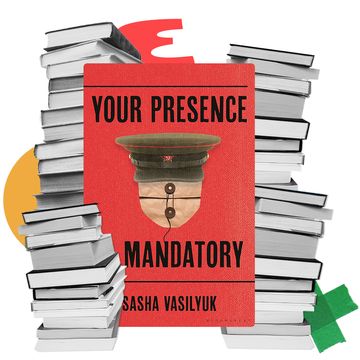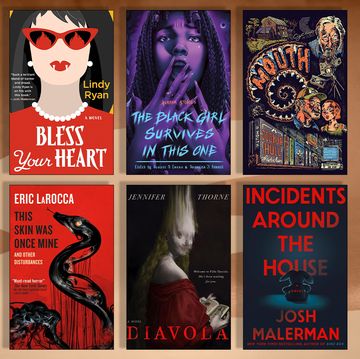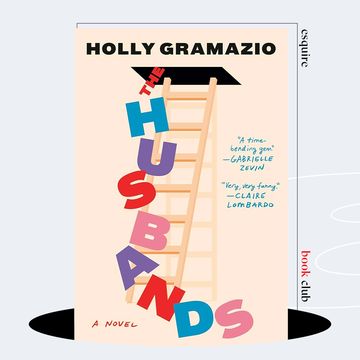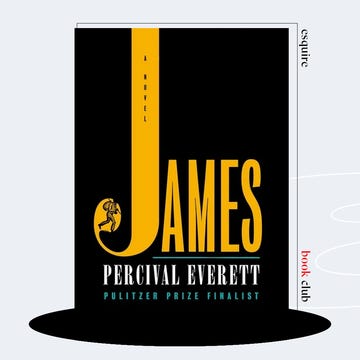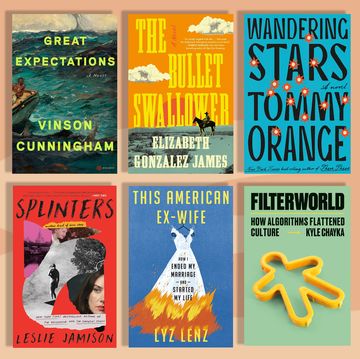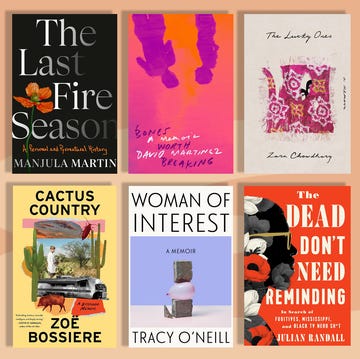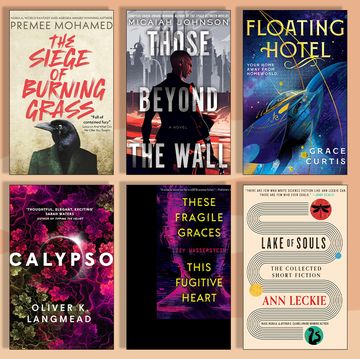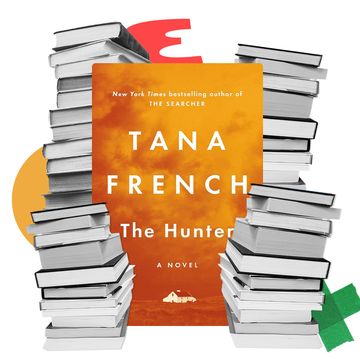I've spent my life around books. They were my first love as a child; my adolescence and my twenties were spent almost entirely in their company. I did a PhD, and that was basically five years buried in various libraries, around books that were just older and dustier than the ones of my youth. Then I wrote books. The moment when a printed artifact you've published appears in your hands, and you can feel its physical reality, is one of life's great pleasures. So I've always loved print books. But I've always hated them, too. The office in which I write this is overwhelmed by their sprawl. The sight of it fills me with mild despair — I'm going to have to throw stuff out, obviously, but what? How will I decide? My collection is about 2,500 books, which is nowhere near enough but also way too much. The sheer bulk of them has been a nightmare.
Which is why I gave up my Kindle with the greatest of reluctance. I so loved the idea that I could have all the information in books, without having to lug around their physical bodies. When it came to e-books, for the only time in my life, I was an early adopter. They cost a significant amount of money and were nowhere near as durable or as beautifully screened as they currently are, but I bought them and kept buying them. Eventually I just couldn't take the reading experience. It was too grim. I went back to print.
The automatic reaction when people abandon new technologies in favor of older ones is to imagine that they're retreating. The love of print has become a sign of nostalgia, or worse of luddism. It's a symbol of a person who has not made peace with the world as it is and is coming to be. Which is why it's so gratifying to read a study released by Voxburner, a British research firm, and picked up by The New York Times, which offers a surprising vision of how young people like to consume media. The short form is this: They much, much prefer to read books in printed form.
An attraction to print books, therefore, is not the result of some deep memory of reading in the age of paper. The teenagers surveyed have no pre-digital memories. Yet they prefer print. The obvious question is why that's surprising at all. A print book is only a small fraction more expensive than a digital book, and it's obviously much better as a tool for reading. It's a vastly more immersive experience, it's much easier to flip through and to take notes on. In short, it is much more pleasurable. And that's what books are for, after all: pleasure.
The technology of e-books is superior to print books for book distributors. Not for readers. Teenagers don't need to prove that they're savvy; they don't need to prove that they're with it. They don't need to worry if they're living in the past or not. They just use technology selfishly, which is the entirely correct way to use it. Their selfishness is, in its way, pure — print works for them. It's kind of that simple.
The use of books has, oddly, been a harbinger for the use of technology generally. At some point in the future, historians are going to wonder how a company that began as a seller of printed materials developed into a gargantuan capitalist behemoth operating a private army of drones. But print was the original world-changing technology. Our relationship to it shows how we're going to handle the others. Teenagers are smarter than we are in their relationships to technology, print shows us: Technology serves them and not the other way around.
PLUS: Read More Stephen Marche on The Culture Blog >>
Follow The Culture Blog on RSS and on Twitter at @ESQCulture.


